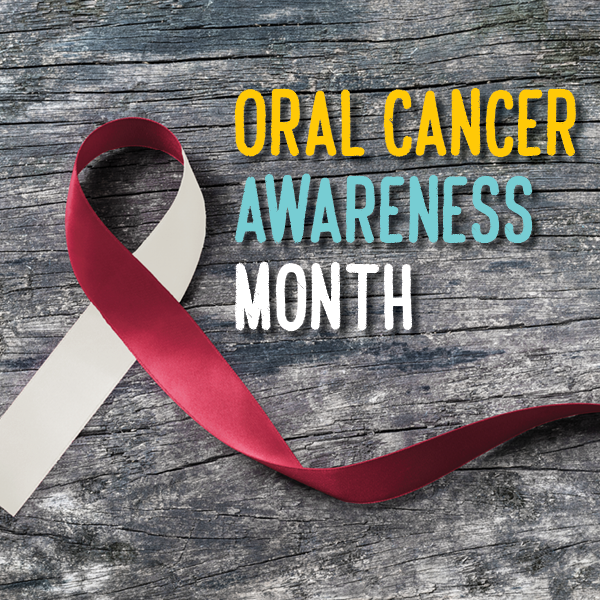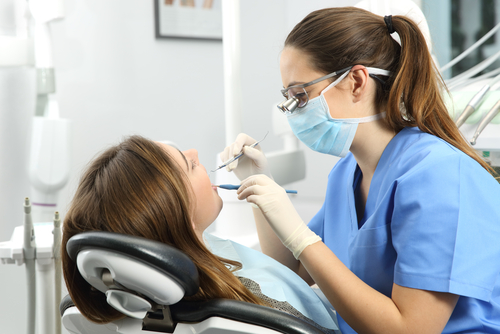
You’ve most likely experienced having dental x-rays taken several times throughout your life, but what exactly is the point of looking below the surface of your teeth? Our dental office in Middletown takes these images for a variety of reasons, so this month, let’s take a look at why dental x-rays are such an important part of your bi-annual dental visits…
What We’re Looking for
While we can tell a lot about your oral health through our thorough exams and cleanings, there are just some things the human eye can’t see. For these diseases or problems, we turn to x-rays of your teeth and jaw. Taking pictures of the inner workings of your teeth can help us diagnose:
- Decay that’s not yet surfaced
- Bone loss associated with gum disease
- Impacted wisdom teeth
- Damaged bone cause by an infection
- Abscesses or other root problems
Taking x-rays allows your dentist in Middletown to see any issues that may not yet have signs or symptoms, making them easier to treat before they lead to pain or more complicated treatments.
The Different Types of Dental X-Rays
There are several different types of x-rays that your dental team may use to examine various parts of your oral anatomy. Each type of x-ray can help show different things. Some of the most common x-rays include:
- Bitewing X-rays. Bitewing x-rays are the ones that can show cavities or areas of decay that may not yet be visible, or are lurking in hard-to-see areas such as in between teeth or fillings. These x-rays may also show bone density health and any deterioration caused by gum disease.
- Periapical X-rays. Just like bitewing x-rays, periapical x-rays are pretty common. You probably have had them taken and may not have even known it. These x-rays show images of the entire tooth, including the roots. The images allow your dentist to look at each tooth individually to make sure each one is structurally sound and bone levels are healthy and strong. Periapical x-rays can also help catch cysts and abscesses.
- Panoramic X-rays. Panoramic x-rays are used for the most complete view of your entire mouth. The images don’t only show all your teeth, but also your sinuses, jaw joints, and jaw bones. These photos can help determine if wisdom teeth are impacted and can even help diagnose a tumor.
Dental x-rays are an important part of your preventive dental care and should be taken at least once a year, but sometimes we may recommend getting them taken at every bi-annual visit. The advancements in technology, along with the careful measures we take in our Middletown dental office make dental x-rays incredibly safe and have low radiation emissions. If you’re concerned about dental x-rays, we welcome you to talk to any one of our team members.
We have several dental offices in Middletown, Kettering, and West Chester to better serve you.


 Review Us
Review Us Review Us
Review Us







